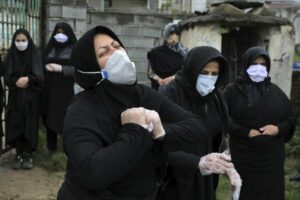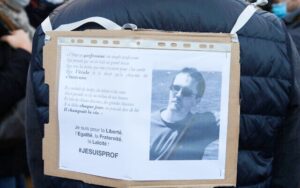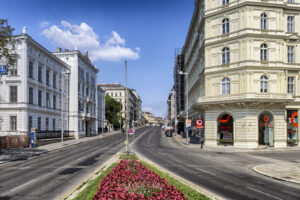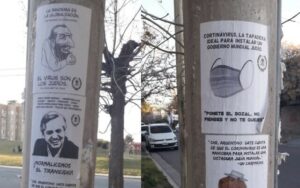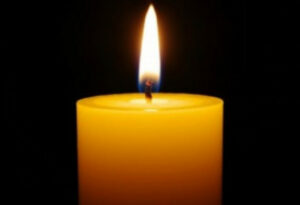The Danish parliament is scheduled to vote on a bill banning bris milah in its next session, a bill filed last month by Simon Emil Ammitzboll-Bille, a former interior minister and leader of the left-wing Forward party, JTA reported. Henri Goldstein, the president of the Jewish Community in Denmark, says that the bill is representative of the “the worst threat to Danish Jews since World War II.” The Chabad shaliach in Copenhagen, Rabbi Yitzi Loewenthal, told JTA that “there’s a risk it will be passed, so this is quite serious.” Bris milah is currently legal throughout the EU. A bill to ban non-medical circumcision in Iceland in 2018 was dropped following international condemnation. The circumcision vote is the last straw for many Danish Jews in a country that has been growing increasingly uncomfortable for Jews in recent years, according to a JTA report in June. Danish Jews have suffered from Muslim immigration to the Nordic country, both directly and indirectly. Islamist extremism has led to attacks against Jewish institutions and Jews have also suffered from the Danish reaction to the burgeoning Muslim population and its social ills, which has resulted in increased xenophobia and right-wing extremism. The outcome has been the development of Europe’s strictest immigration policies in Denmark, what the Washington Post called “a Muslim ban [that] was just called something else,” and a ban against shechita in 2014. The bill against non-medical circumcision, including bris milah, which is being equated with Muslim female circumcision and described as child abuse, calls for a six-year jail term for anyone who performs bris milah and hold parents responsible for circumcising their children, whether it was performed in Denmark or not. The country’s 7,000 Jews are “so pressed already, with armed police at our school and armed troops at shul, this [debate on circumcision] is sucking the marrow out of wanting to be Jewish,” one Jewish resident said. The reference to armed police at Jewish schools is the outcome of an attempted attack by a Muslim extremist outside Copenhagen’s main shul in 2015. The perpetrator opened fire outside the shul, killing the Jewish guard, Dan Uzan, 37, and wounding two police officers. Fortunately, the police officers managed to return fire and kill the culprit before he managed to get inside the shul, where dozens of children were present at a bas mitzvah party. The culprit was later identified as Omar El Hussein, 22, the Danish-born son of Palestinian immigrants. Weeks later, the window of Demark’s only kosher store was smashed and sprayed with swastikas and the store was attacked again in 2016. In 2019, a Muslim teenager was convicted of plotting to blow up the local Jewish school. “The debate about circumcision in Denmark is definitely part of a bigger picture where xenophobia plays a role,” another resident told JTA. “I love Denmark, I love our royal house, I get goosebumps on national holidays,” said Mente Bentow, whose daughter Hannah was the one celebrating her bas mitzvah when the shul was attacked. “But lately the more I live here, the more I get the feeling this is the wrong place to raise a Jewish family.” Her daughter Hannah, now 17, is making aliyah as soon as she turns 18, saying that the debate on circumcision “makes me feel like I don’t belong,







